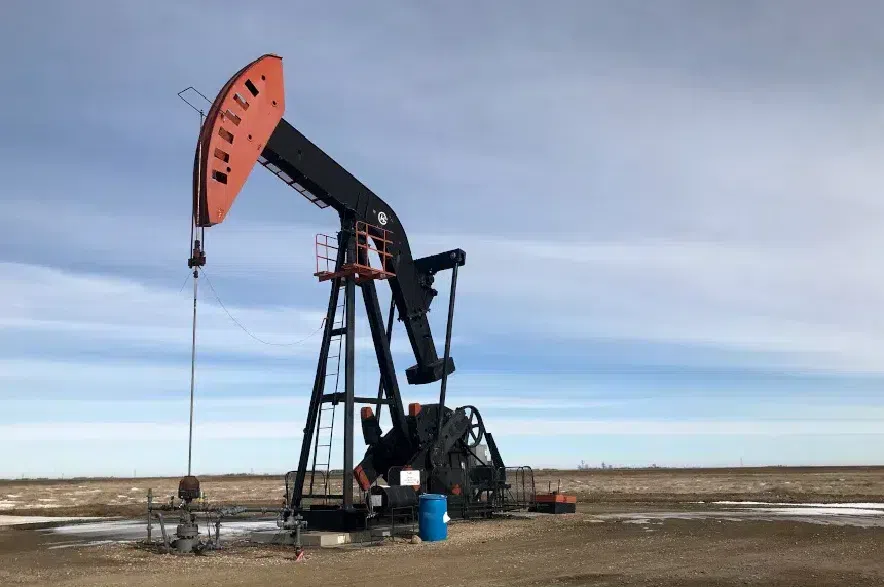The Government of Saskatchewan has referred two federal regulations to its economic impact assessment tribunal.
The tribunal was created through The Saskatchewan First Act, which passed last year. The tribunal’s role is to examine federal initiatives to determine their economic impact on Saskatchewan and quantify any harms caused to the province by federal policies.
Those findings could then give weight to future legal challenges against Ottawa’s policies.
According to the government, the tribunal will analyze the coming cap-and-trade system for Canada’s upstream oil and gas sector, along with the federal government’s “Methane 75” regulations, which implement a new target to cut the oil and gas industry’s methane leaks and releases to 75 per cent of 2012 levels by 2030.
While the federal government has said those policies will help reduce emissions and create a greener future, Saskatchewan Energy and Resources Minister Jim Reiter said both policies are expected to present serious challenges to the energy sector, a key driver of the province’s economy.
“These policies are unnecessary, costly and create enormous uncertainty for business,” Reiter said in a statement.

Energy and Resources Minister Jim Reiter speaks to media at NextGen Energy on March 27, 2023. (Libby Gray/650 CKOM file photo)
“The unfortunate reality is that these policies will restrict and shut-in Canadian oil and gas production, increasing our reliance on imported energy products.”
The provincial government has previously argued against the proposed methane rules, saying they would “hit Saskatchewan disproportionately harder than other Canadian jurisdictions.”
According to early estimates from the Ministry of Energy and Resources, both policies could cost Saskatchewan’s energy sector as much as $9 billion by 2030, “which does not take into account the broader economic impact on jobs, investment and GDP.”
Emissions from Saskatchewan’s energy sector are already provincially regulated, the government noted, and methane emissions from venting and flaring have dropped by 70 per cent overall since 2019.
Bronwyn Eyre, Saskatchewan’s justice minister and attorney general, said the federal government is overstepping with the new policies.
“Their imposition, with no consultation, is another example of gross federal overreach into provincial jurisdiction and flies in the face of growing momentum against federal regulation of specific provincial industries by the courts,” Eyre said in a statement. “It is also our position that a cap-and-trade system does not fit under the federal criminal law power.”
Eyre said Saskatchewan’s concerns are being echoed by other provinces as well.
“We are increasingly seeing alarm across the country and we saw another premier come forward over the weekend with concerns about the carbon tax. I think provinces are seeing the pile-on of regulations,” she said, adding there’s a cumulative impact of those regulations on many provinces.
Eyre said referring the matter to the tribunal is about identifying things that harm Saskatchewan’s ability to invest in things for the province, including the energy and agriculture sectors.
“It’s a serious impact that affects royalties (and) that affects our ability to invest in highways and hospitals and schools and social services,” she added.
Tristin Goodman, CEO of the Explorers and Producers Association of Canada, said both policies will have a negative impact on the energy sector.
“This is unnecessary and unacceptable given Canada’s oil and gas producers are already achieving significant emissions reductions as shown in the federal government’s own data,” Goodman said, quoted in the government’s statement.
“A federal emissions cap introduces further uncertainty, including likely constitutional challenges.”
The tribunal previously analyzed Ottawa’s proposed Clean Energy Regulations, which were called “unaffordable, unconstitutional and technologically and logistically unattainable” by the provincial government.











